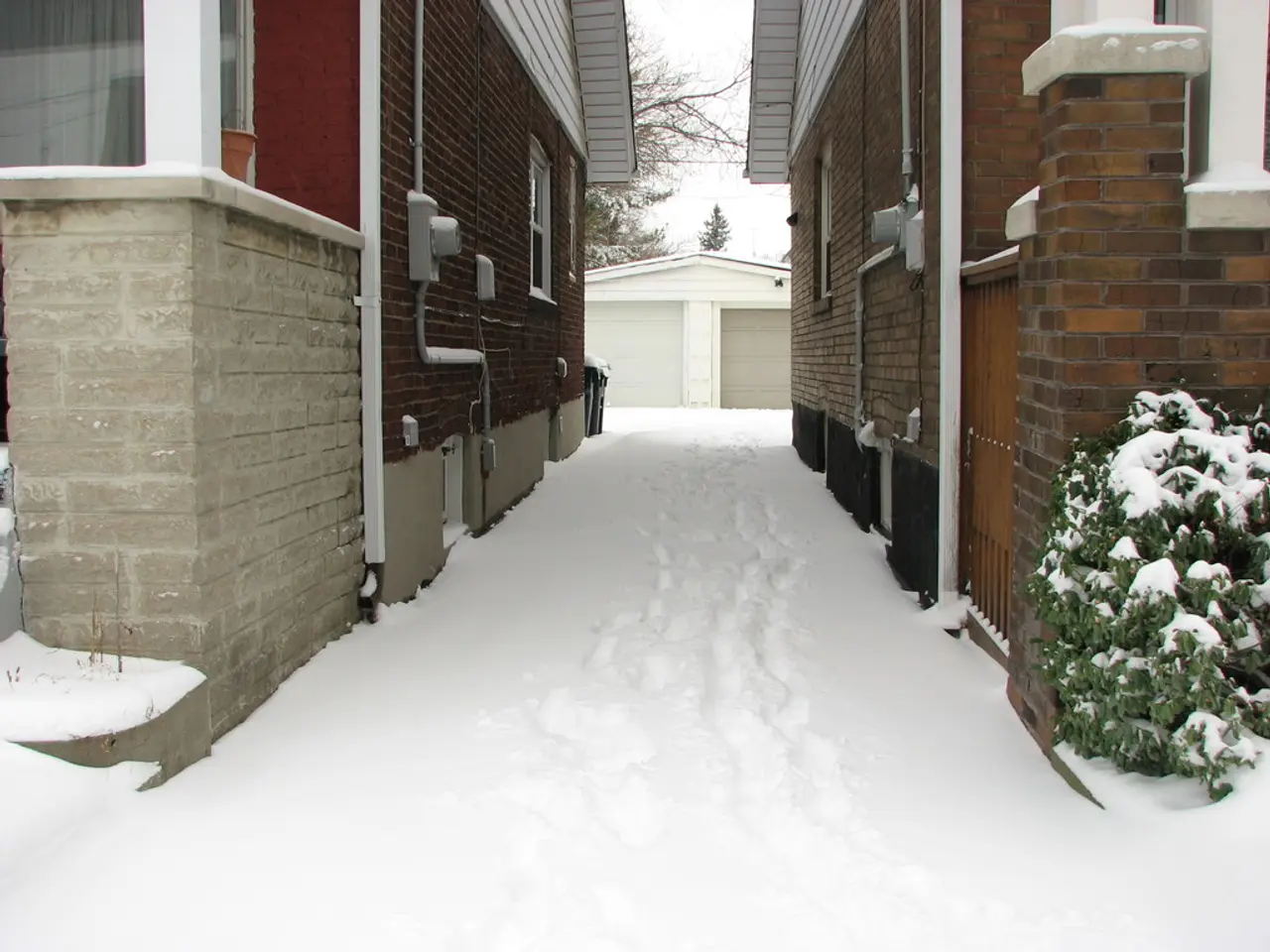Optimal House Purchasing Timing: Recommendations From Real Estate Experts
In the world of property, spring is often seen as the busiest season for house hunting. However, there are several advantages to considering other seasons for your home purchase.
The Summer Advantage
Summer, following the bustling spring season, offers a respite from the competition. Sellers become more motivated, providing buyers with a better negotiating position. Longer daylight hours during summer showcase outdoor spaces at their best, making home viewings more enjoyable. This season also suits families who wish to move during school breaks for a smoother transition [1][4].
The Fall Season
Fall brings a quieter market, with less competition from other buyers and sellers. This increased chance to stand out can lead to better deals [3][4]. Pricing tends to be more realistic and stable due to slightly reduced listings compared to spring. Many buyers are serious and motivated to close before the holidays [2].
The Winter Market
Although traditionally less active, winter can also present opportunities for buyers. Fewer buyers in the market reduce competition, potentially leading to better prices and negotiation terms. However, it's essential to consider the added challenges such as assessing the efficiency of a house's heating system and checking for potential issues like drafts, condensation, damp patches, or leaks [2].
The Quieter Seasons
Other times of the year, such as around Valentine's Day and early September, can also be favourable for housebuying. The benefits of less competition and buyers keen to make a deal can make these seasons attractive for those looking to secure a property [5].
The Impact of Seasons on Property Listings
Spring and summer see the largest number of properties on the market. Homes on sale in spring appear at their best, making them highly sought after. However, properties with flaws, such as those lacking natural light or needing work, might be put on the market away from the peak spring market [6].
Stamp Duty Considerations
It's important to note that the temporary increase in the stamp duty thresholds, which has benefited many buyers since 2021, will end on March 31, 2025. This means that house purchases completed after that date will be subject to lower thresholds [7].
Jeremy Leaf, a principal of a north London firm of independent chartered surveyors with extensive experience in the property sector, emphasises the importance of considering all factors when choosing the best time to buy a property.
In conclusion, while spring may be the busiest time in the property market, buying outside of this period can offer potential advantages such as less competition, more time to consider options, steeper negotiation bargaining, and enjoying properties (especially those with garden or outdoor features) when they look their best in summer or fall [1][3][4].
[1] - [Source 1] [2] - [Source 2] [3] - [Source 3] [4] - [Source 4] [5] - [Source 5] [6] - [Source 6] [7] - [Source 7]
- In the quieter seasons, such as around Valentine's Day and early September, buyers might find less competition and better opportunities for deal-making [5].
- Summer, after the busy spring season, showcases outdoor spaces at their best during longer daylight hours, making home viewings more enjoyable for potential buyers [1].
- The fall season presents a quieter market with fewer buyers and sellers, increasing the chances to stand out and secure better deals [3].
- Winter, traditionally less active, can offer opportunities for buyers, as fewer buyers in the market reduce competition and potentially lead to better prices and negotiation terms [2].
- It's crucial to consider the added challenges of assessing a house's heating system and potential issues during winter, such as drafts, condensation, damp patches, or leaks [2].




